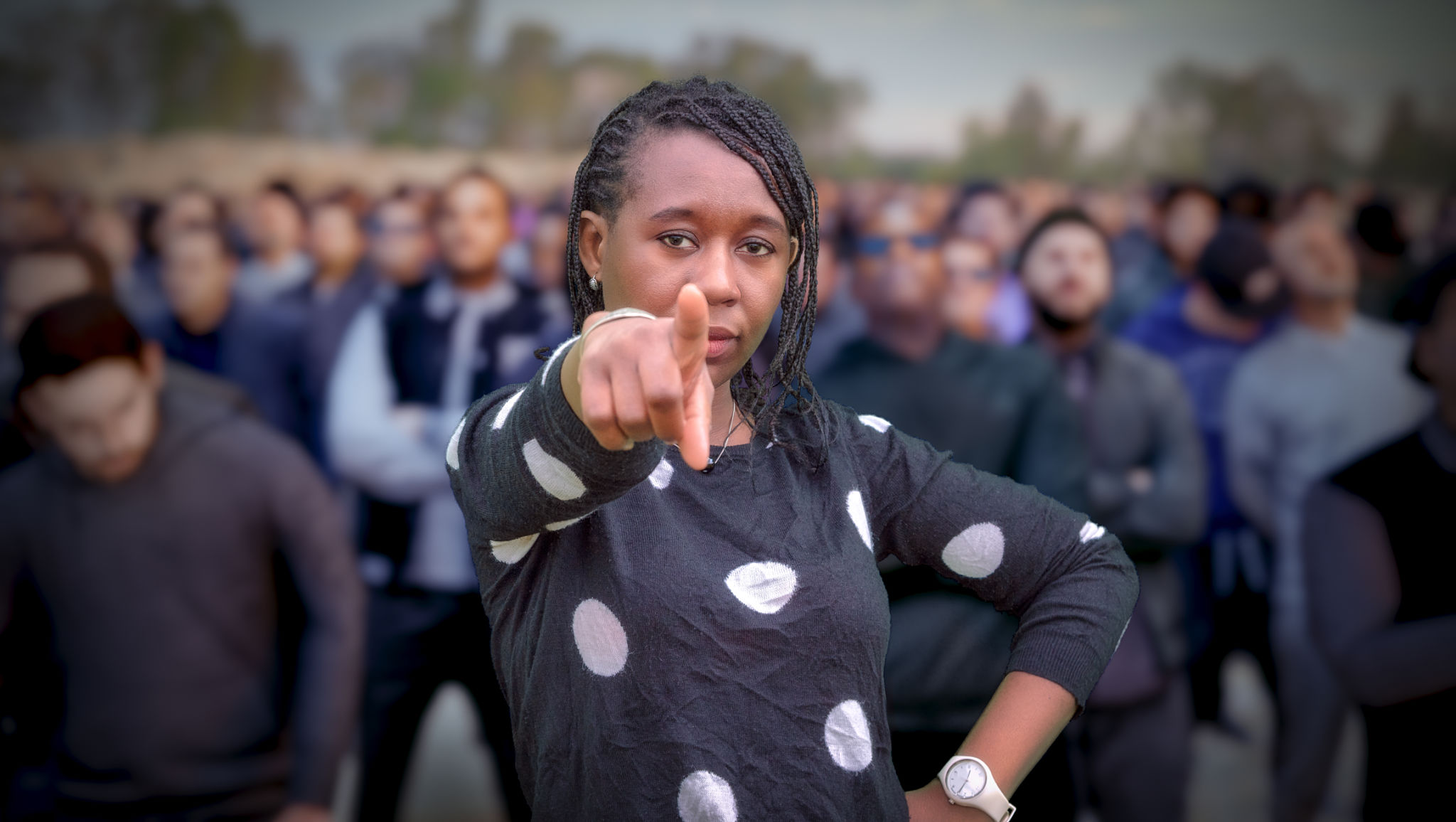Debunking Myths about Human Equality: A Closer Look
Understanding the Concept of Human Equality
Human equality is a principle that suggests all individuals are inherently equal in worth and rights. Despite this foundational idea, there are numerous myths and misconceptions that cloud our understanding and application of equality in society. In this post, we aim to debunk these myths and provide a clearer perspective on what human equality truly entails.

Myth 1: Equality Means Sameness
A common misconception is that equality implies sameness. This myth suggests that treating everyone identically is the only way to achieve equality. However, true equality acknowledges and respects differences while ensuring that everyone has the same opportunities to succeed. Diversity and individual uniqueness are strengths, and recognizing them is crucial to achieving genuine equality.
Equality involves creating an inclusive environment where diverse perspectives are valued and celebrated. It's not about erasing differences but about providing equitable access to resources and opportunities, considering various needs and circumstances.
Myth 2: Equality Has Already Been Achieved
Another prevalent myth is the belief that human equality has already been achieved, particularly in more developed nations. While significant progress has been made, there are still many areas where inequality persists. Issues such as wage gaps, racial discrimination, and gender inequality highlight the ongoing struggle for true equality.

Understanding that equality is an evolving goal rather than a fixed state is essential. Continued efforts are needed to address systemic issues and ensure fair treatment for all individuals across different sectors of society.
Myth 3: Equality Is a Zero-Sum Game
Some people believe that promoting equality means taking away from one group to give to another, creating a zero-sum game scenario. However, this view overlooks the fact that equality benefits everyone. By providing equal opportunities and reducing disparities, societies become more cohesive, innovative, and prosperous.
When resources and opportunities are distributed equitably, it leads to a more balanced and thriving community where everyone can contribute to and benefit from collective progress.

The Role of Education in Promoting Equality
Education plays a pivotal role in promoting human equality by raising awareness and challenging misconceptions. Through education, individuals can learn about different cultures, histories, and perspectives, fostering empathy and understanding. Schools and educational programs have the responsibility to equip students with the knowledge and tools necessary to recognize and combat inequality.
By learning about the structural roots of inequality, future generations can become advocates for change, pushing for policies and practices that promote fairness and justice for all.
Moving Forward: Actions to Support Equality
To create a more equal society, individuals and communities must take proactive steps. This includes supporting policies that promote equal opportunities, advocating for marginalized groups, and challenging discriminatory practices wherever they arise.
Engaging in open conversations about equality, listening to diverse voices, and continually educating ourselves are vital actions in the journey towards a fairer world. Together, we can dismantle the myths surrounding human equality and work towards a future where everyone is valued equally.
